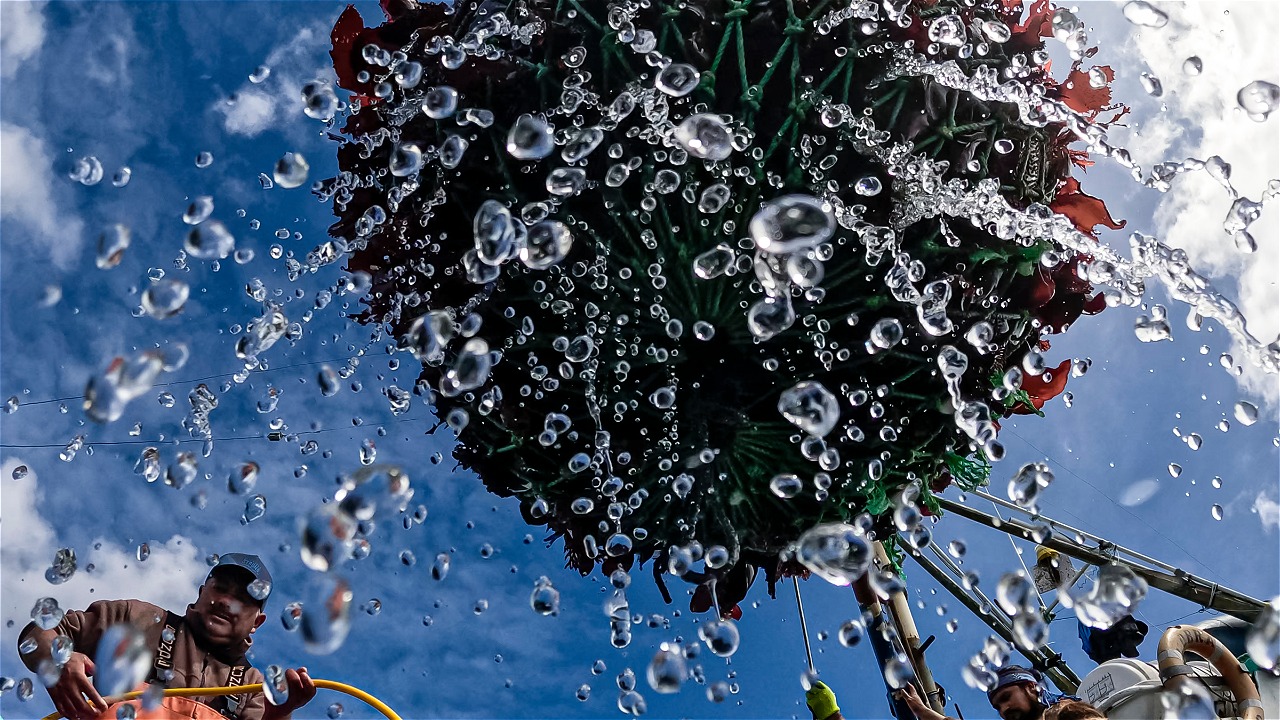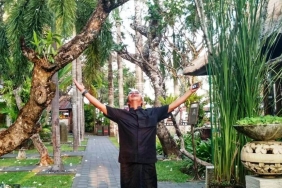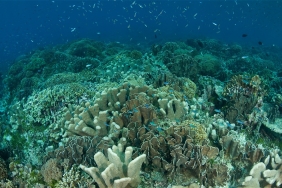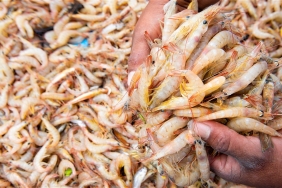WWF SUPPORTS KKP'S MOVE TO REALIZE SUSTAINABLE FISHERIES
Jakarta - WWF-Indonesia appreciates and supports the major breakthrough of the Minister of Maritime Affairs and Fisheries (Minister KP), Susi Pudjiastuti, to preserve coastal fisheries resources in Indonesia. The Ministry of Maritime Affairs and Fisheries (MMAF) has recently issued strategic policies that will lead to improving the quality of Indonesia's fisheries in the eyes of the world and the economic growth of a strong ecosystem-based fisheries sector.
Abdullah Habibi, WWF Indonesia's Capture and Aquaculture Fisheries Improvement Program Manager, assessed that the courage and consistency confirmed through the issuance of the Minister of Maritime Affairs and Fisheries Regulation (Permen KP) can boost Indonesia's potential as a world fisheries supplier that implements sustainable coastal fisheries management policies and guarantees fishermen's food security.
Through this step, Minister of Marine Affairs and Fisheries Susi Pudjiastuti emphasized the alignment of Indonesian capture fisheries to support the sustainability of the coastal fisheries sector which is dominated by small-scale fishermen. KP Regulation No. 1/2015 on the Catching of Lobsters, Crabs and Crabs is an ecosystem-based approach that in the long run will contribute importantly to the increase of commodity capture fisheries production in Indonesia. By requiring the re-release of marine species in spawning condition and imposing a catchable size, it will ensure that the species has reproduced at least once to ensure the sustainability of its resources.
Habibi said the sustainability of fisheries depends on the health of the habitat and ecosystem. This principle is the basis of KP Regulation No. 2/2015 on the Prohibition of the Use of Trawl Fishing Gears (Trawl) and Drag Trawls (Seine Nets) in the Indonesian Fisheries Management Area. "With the issuance of this regulation, fish habitat will be maintained and bycatch (bycatch) will be reduced, and the potential for illegal fishing by vessels with similar fishing gear from abroad will be reduced," he explained.
The next step to encourage the principle of responsible fisheries is the gradual implementation of rules to ensure the stability of market fulfillment and fishermen's livelihoods. "Thorough socialization to fishermen is crucial in the early stages. The minimum size rule for catch is new, we need to make sure fishermen understand its benefits before strictly enforcing it," he added. This regulation requires a lot of support from Community Watch Groups, Monitoring Officers as well as Civil Servant Investigators (PPNS) to conduct supervision and enforcement.
In the fisheries sector, Indonesia has positioned itself as one of the largest exporters in Asia. KKP data shows that the realization of fishery exports in 2011 amounted to US$ 3.5 billion with the main export destination countries including the United States reaching a value of US$ 1.07 billion (30.4%); Japan US$ 806 million (22.9%); and Europe US$ 459.8 million (13.1%).
"Market demand for Indonesian fishery products continues to increase. We should be proud, but we must realize that Indonesia's fisheries sector is currently the world's mainstay to meet market demand. Indonesia needs to take steps to protect the sustainability of its marine resources, so that stocks remain safe for the long term. Indonesia's positive initiative needs to be proven by support to obtain an ecolabel certificate to ensure that its products have added value, "continued Habibi.
To support the improvement of the fisheries sector towards sustainability, WWF-Indonesia has developed and socialized guidelines on better fisheries practices in a series of BMP (Better Management Practices) documents on aquaculture, capture fisheries and bycatch to entrepreneurs and fishermen in its working area. These guidelines aim to assist fishermen in catching biota in an environmentally friendly and sustainable manner, including handling and packaging processes. In addition, WWF is also working with JARING Nusantara to expand its reach in improving small-scale fisheries.
For more information, please contact:
Abdullah Habibi, Capture and Aquaculture Fisheries Improvement Manager, WWF Indonesia
Email: ahabibi@wwf.or.id, Hp: +62 811 8114193





